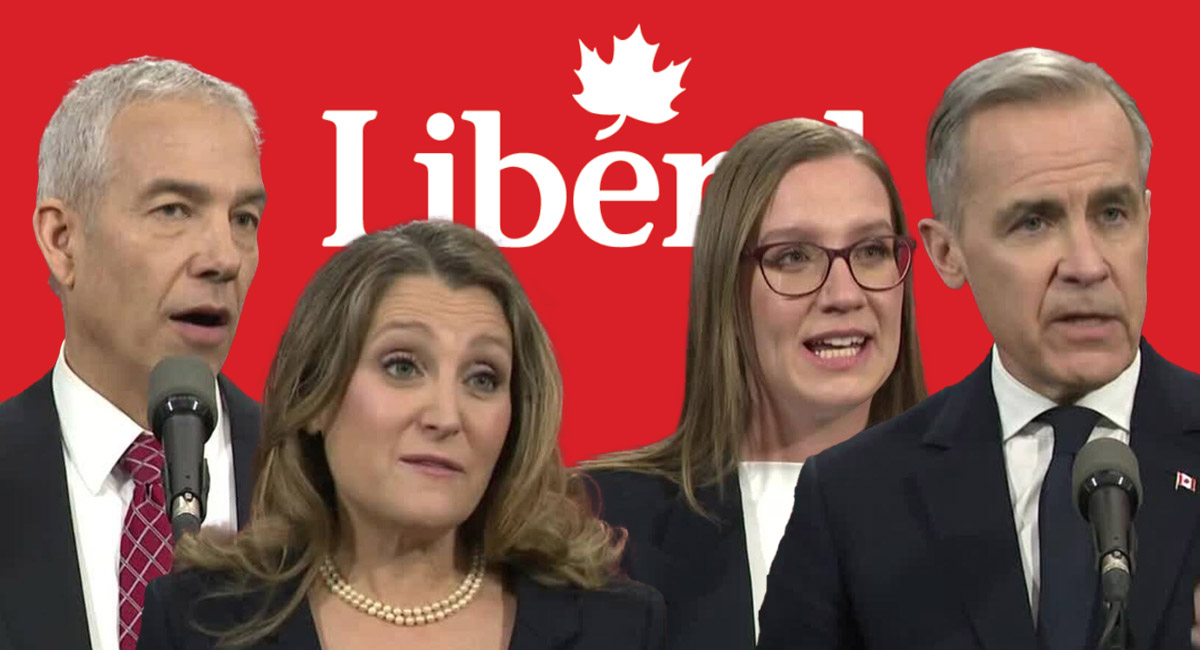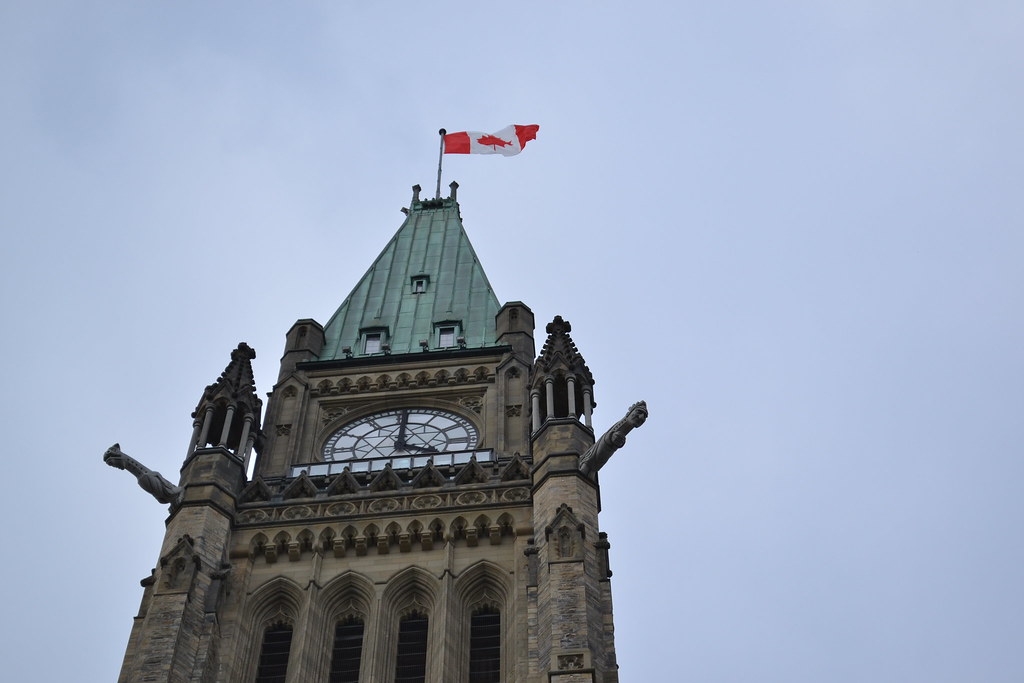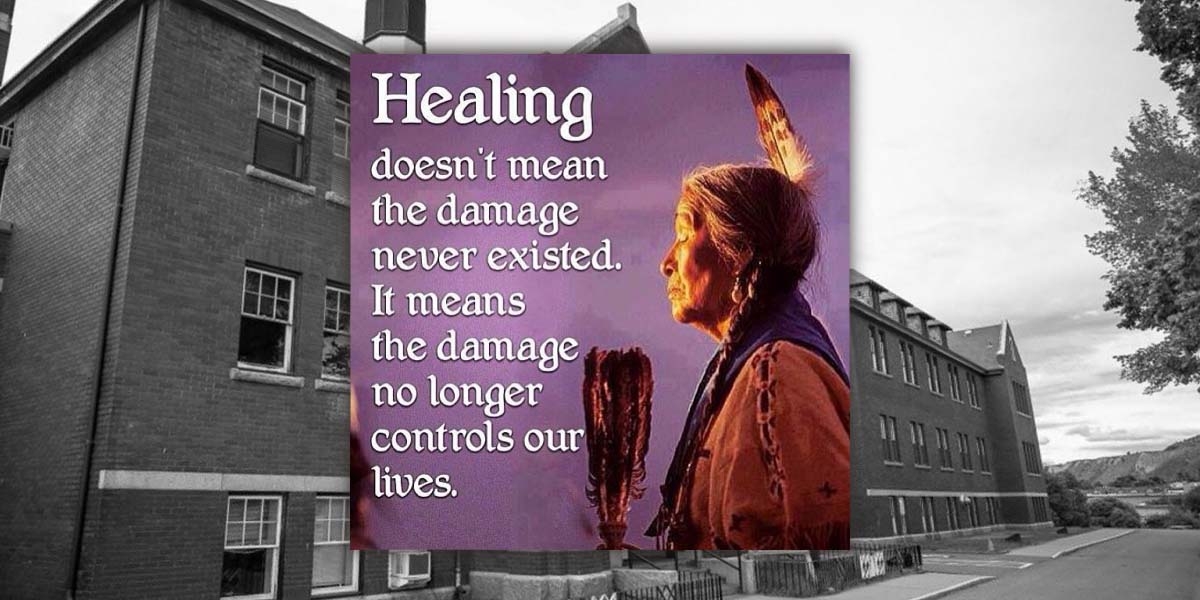
Secrets and Lies: Democracy Watch Calls on Liberal Leadership Contestants to Disclose Campaigners and Donors
Democracy Watch issued a press release today, urging the Liberal Party of Canada and all Liberal leadership candidates to disclose the identities of their top campaign managers, staff, volunteers, and fundraisers. This call for transparency comes amid a leadership race marred by accusations of favouritism towards Mark Carney. The demand is further fueled by recent changes to the Lobbyists’ Code of Conduct, initiated by the Trudeau government, which now permits lobbyists to secretly fundraise and campaign for politicians they lobby. Democracy Watch says that the public has a right to know who each contestant owes and what conflicts of interest may have been created by the help provided by their campaigners and fundraisers.
“Liberal Party members and the public have a right to know who each leadership contestant owes and what conflicts of interest have been created by the people campaigning and fundraising for each contestant,” said Duff Conacher, Co-founder of Democracy Watch. “Given the changes to federal ethical lobbying rules and the legality of foreign interference in party leadership contests, it is even more important to have public disclosure of who is helping each leadership contestant.”
Canada’s laws currently have loopholes that allow foreigners, including foreign-government-funded groups, to secretly campaign and fundraise for party leadership contestants.
Commissioner of Lobbying Nancy Bélanger, with the support of the House of Commons Ethics Committee, made changes to the Lobbyists’ Code of Conduct in 2023. This allowed lobbyists to campaign and fundraise for politicians while lobbying them at the same time or soon after.
Despite these changes, the campaigning and fundraising activities of lobbyists create clear conflicts of interest. Federal ethics laws prohibit participating in certain decisions as prime minister when in a conflict of interest, although these laws have many loopholes.
More than 40 lawyers and professors, many of them leading experts in government ethics, along with 26 citizen groups representing 1.5 million Canadians and over 20,000 voters who signed Democracy Watch’s petition on Change.org, have called on federal parties to reverse the changes to the Lobbyists’ Code. They argue that lobbyists should once again be prohibited from assisting politicians while lobbying them at the same time or soon after.
Democracy Watch’s release comes within days of the Liberal leadership election, the winner of which will become Canada’s 24th prime minister. None of the current Liberal leadership candidates—Mark Carney, Chrystia Freeland, Karina Gould, and Frank Baylis—have disclosed the identities of their top campaigners and fundraisers.
The Conservative Party and Opposition Leader Pierre Poilievre has called on Carney to disclose his assets and potential conflicts of interest before the leadership contest ends. Carney, who has a background in global finance, has faced criticism for not proactively sharing details about his financial interests.
Chrystia Freeland, the former finance minister and close confidant of Justin Trudeau, has also not disclosed this information. During her tenure as minister, the Trudeau government was sanctioned on multiple occasions by the federal ethics commissioners for breaking Canada’s ethics laws, and Trudeau himself was sanctioned personally on three separate occasions. Gould and Baylis have similarly refrained from providing these details, further fueling the debate on the need for greater transparency in the leadership race.
The controversy surrounding the Liberal leadership race intensified two weeks ago when Ruby Dhalla was expelled from the contest under questionable circumstances related to alleged improper financial donations. Dhalla was accused of violating party rules and failing to disclose the involvement of a non-Canadian citizen in her campaign, which the party claimed could amount to foreign interference. Dhalla has vehemently denied these allegations, calling them fabricated and an attempt to prevent her from challenging the frontrunner, Mark Carney.
In January, Ottawa Nepean MP Chandra Arya was controversially disqualified from the contest by the Liberal Party, which claimed he was not qualified to run despite being a Liberal MP for almost a decade. Arya’s disqualification also raised eyebrows, with critics arguing that the Liberal Party’s explanations lacked transparency and fairness.








